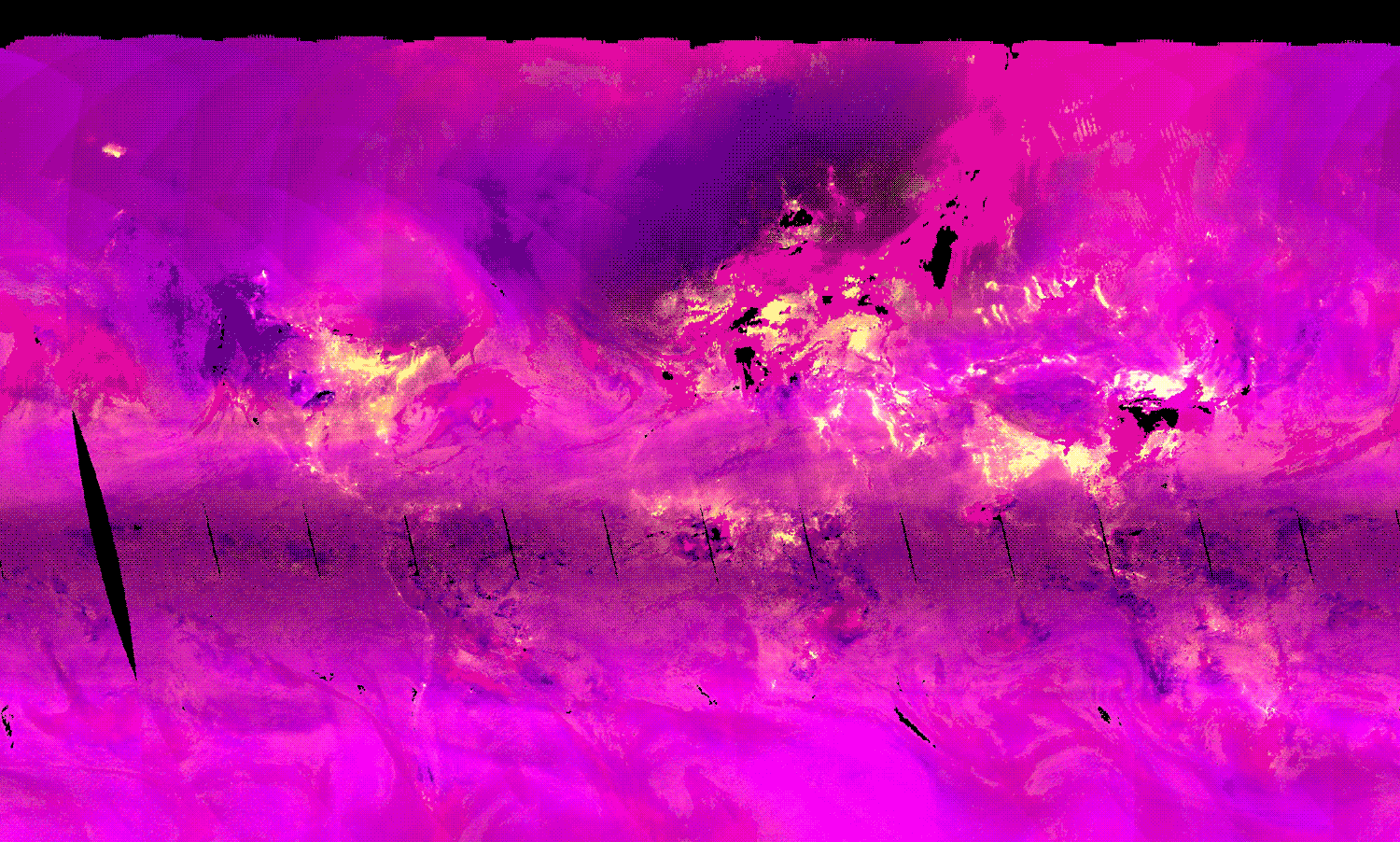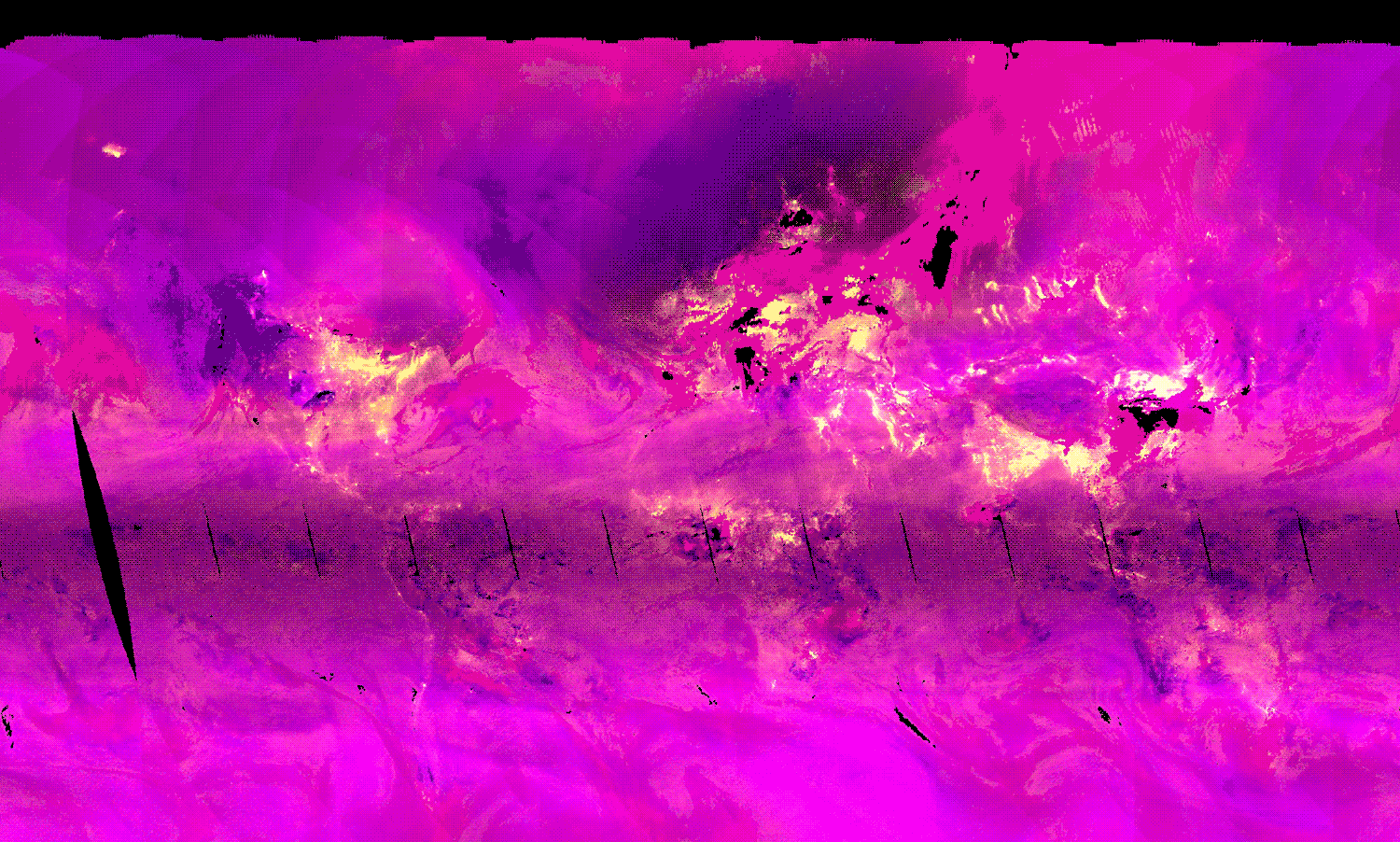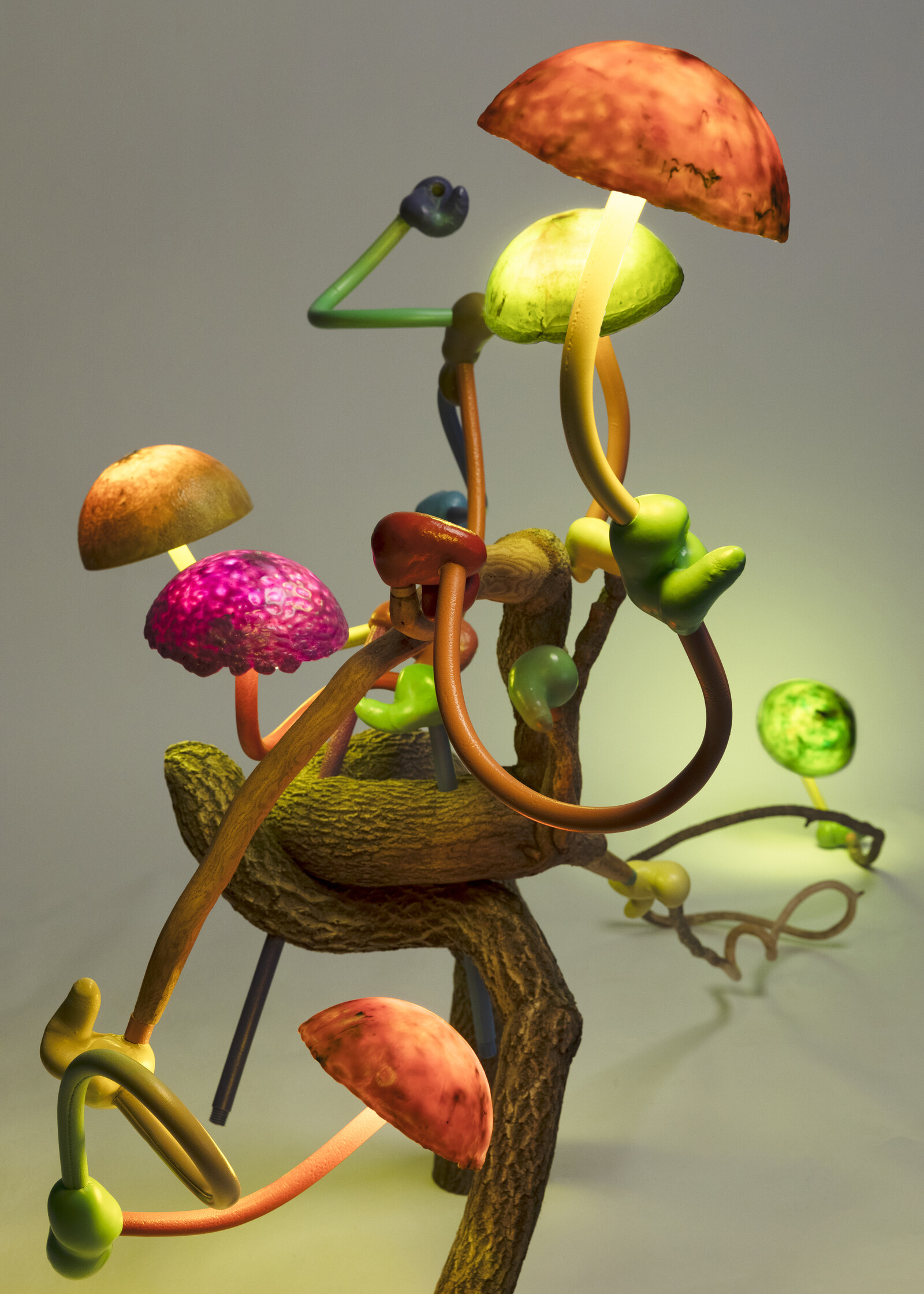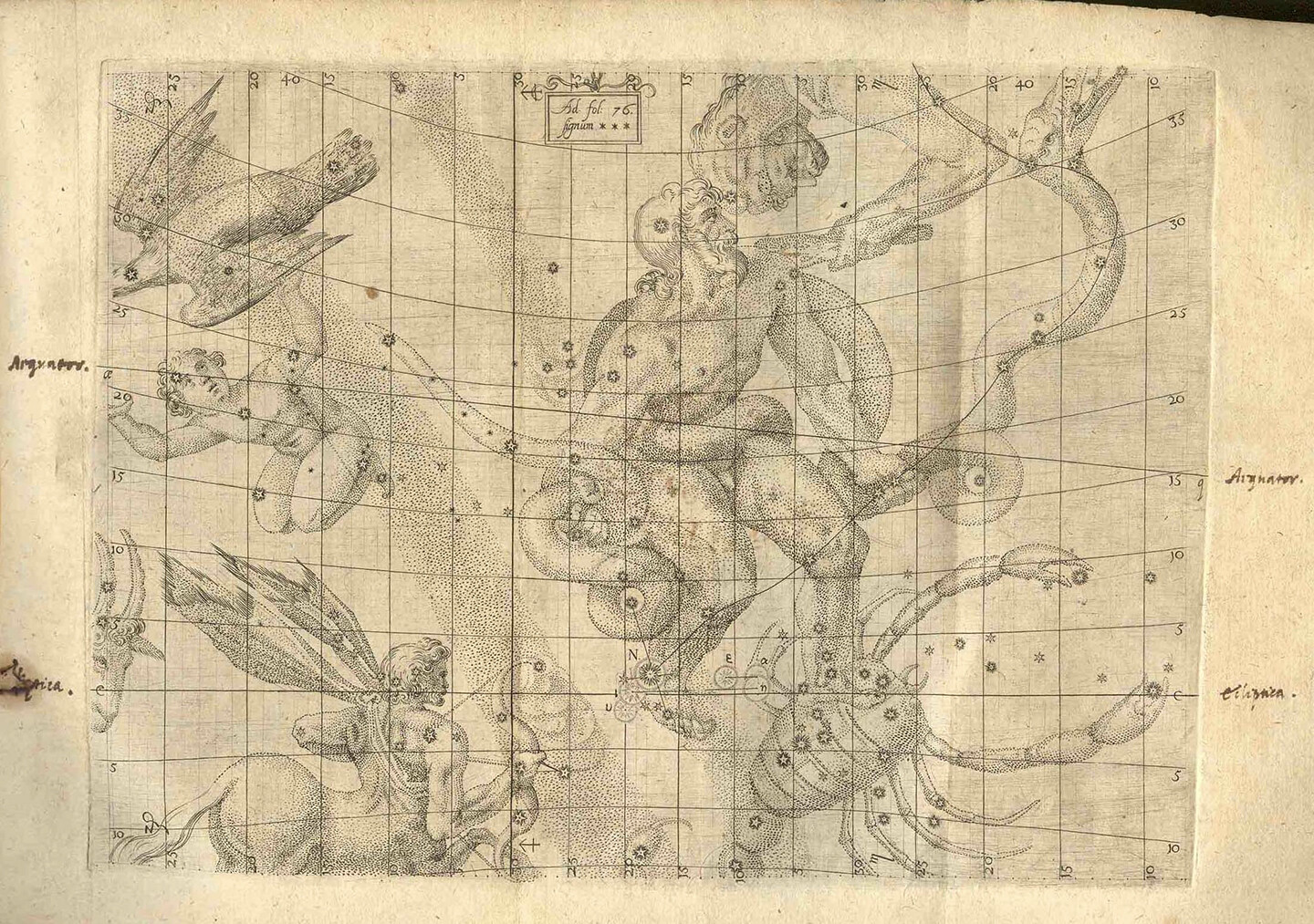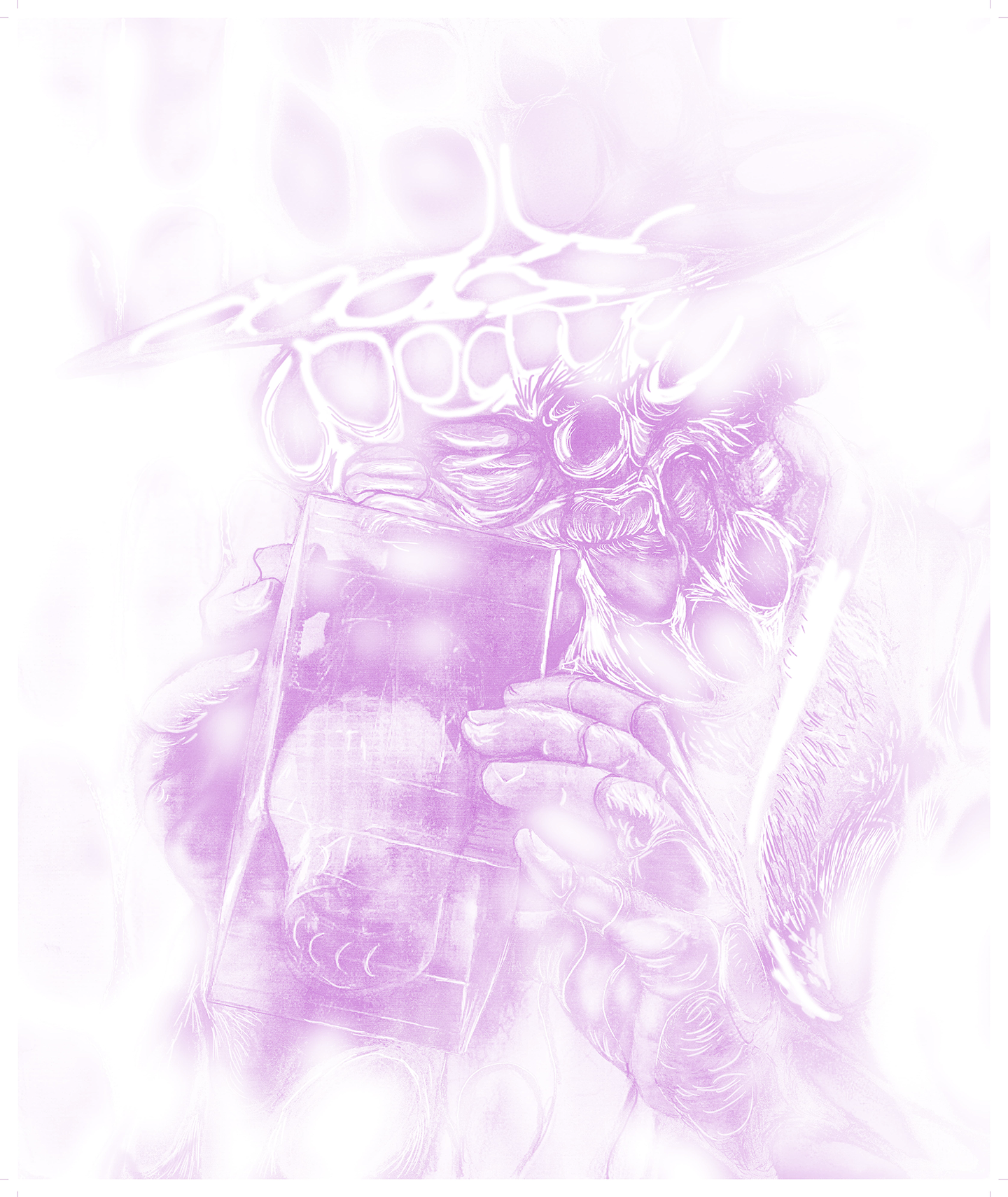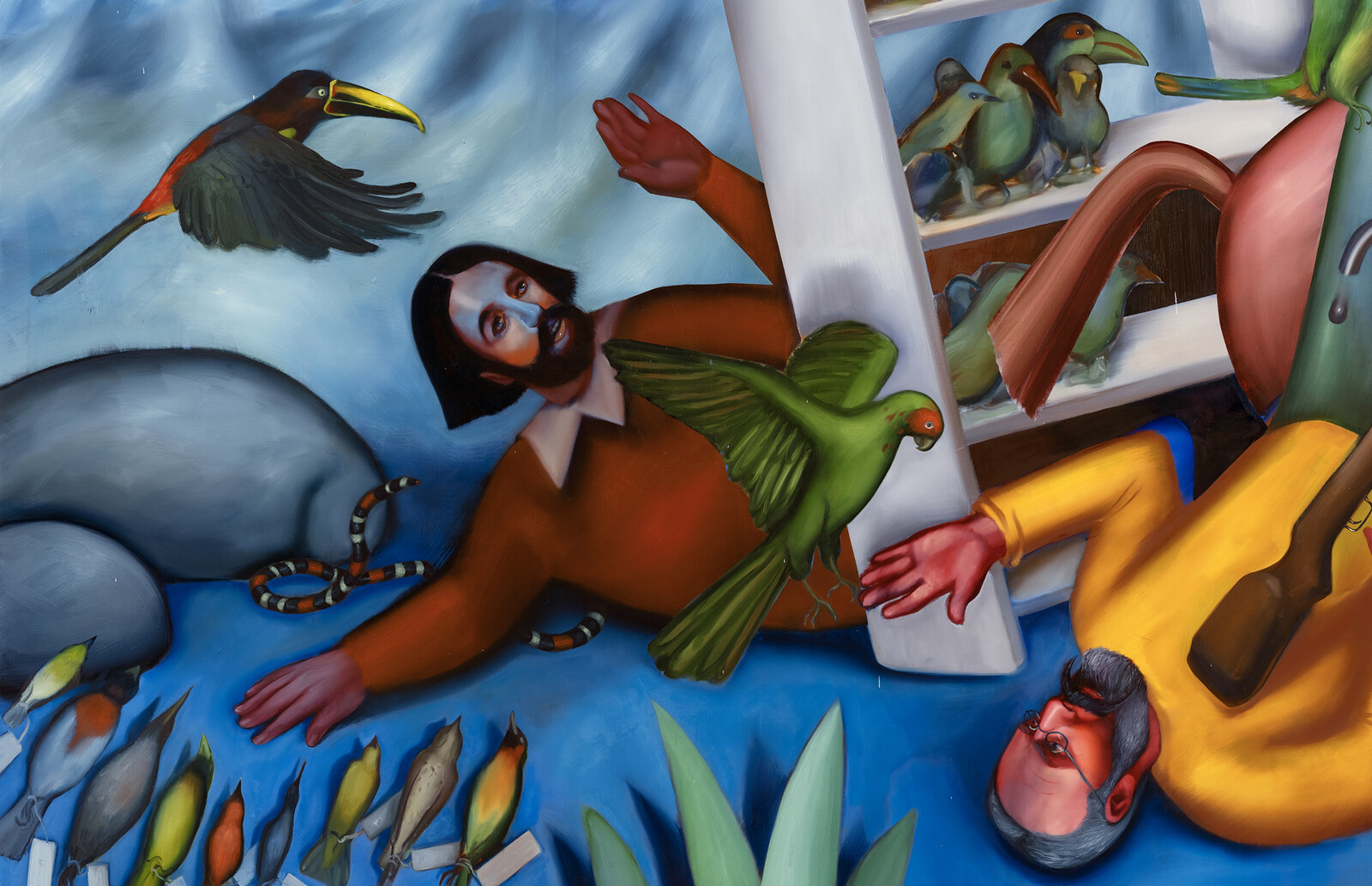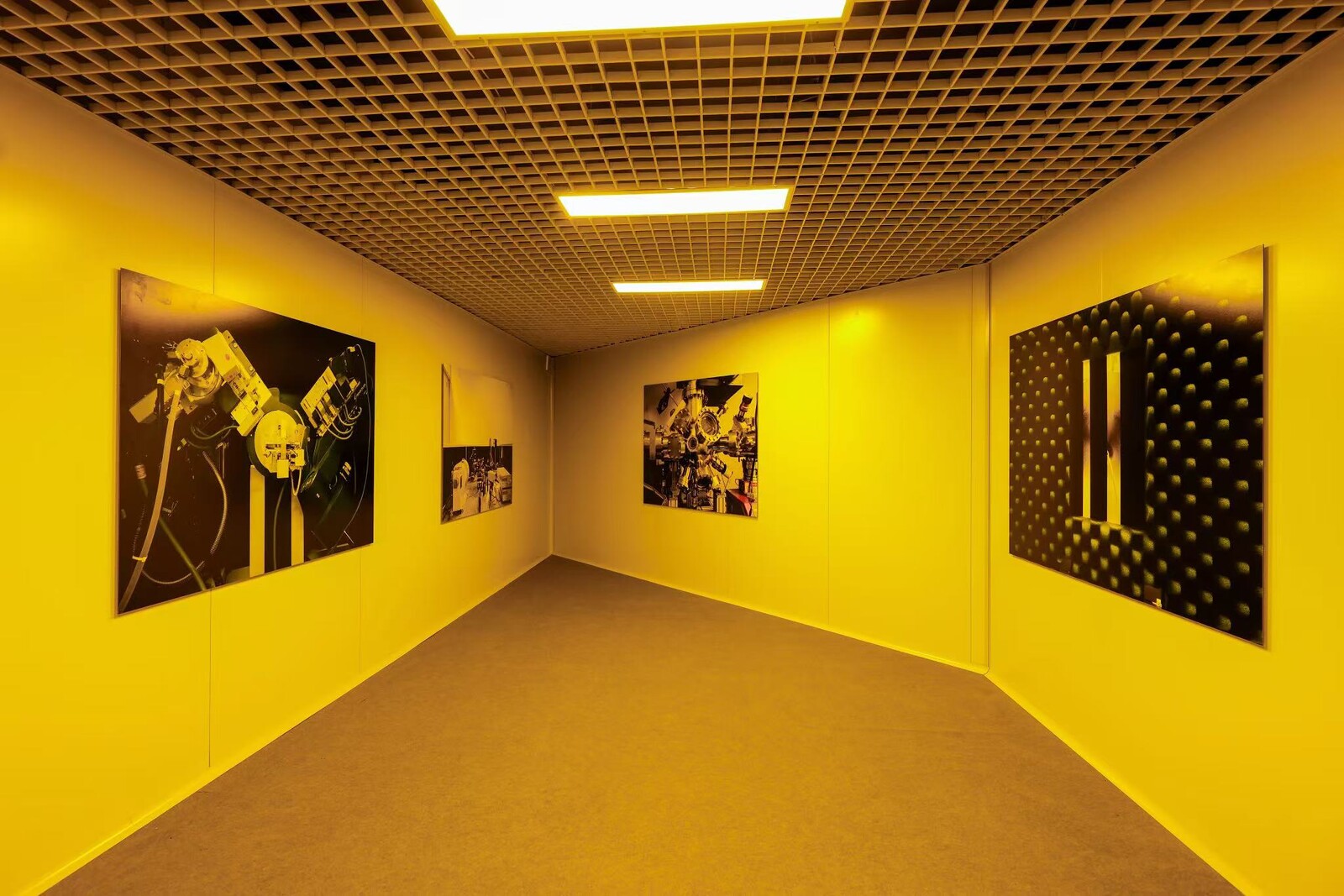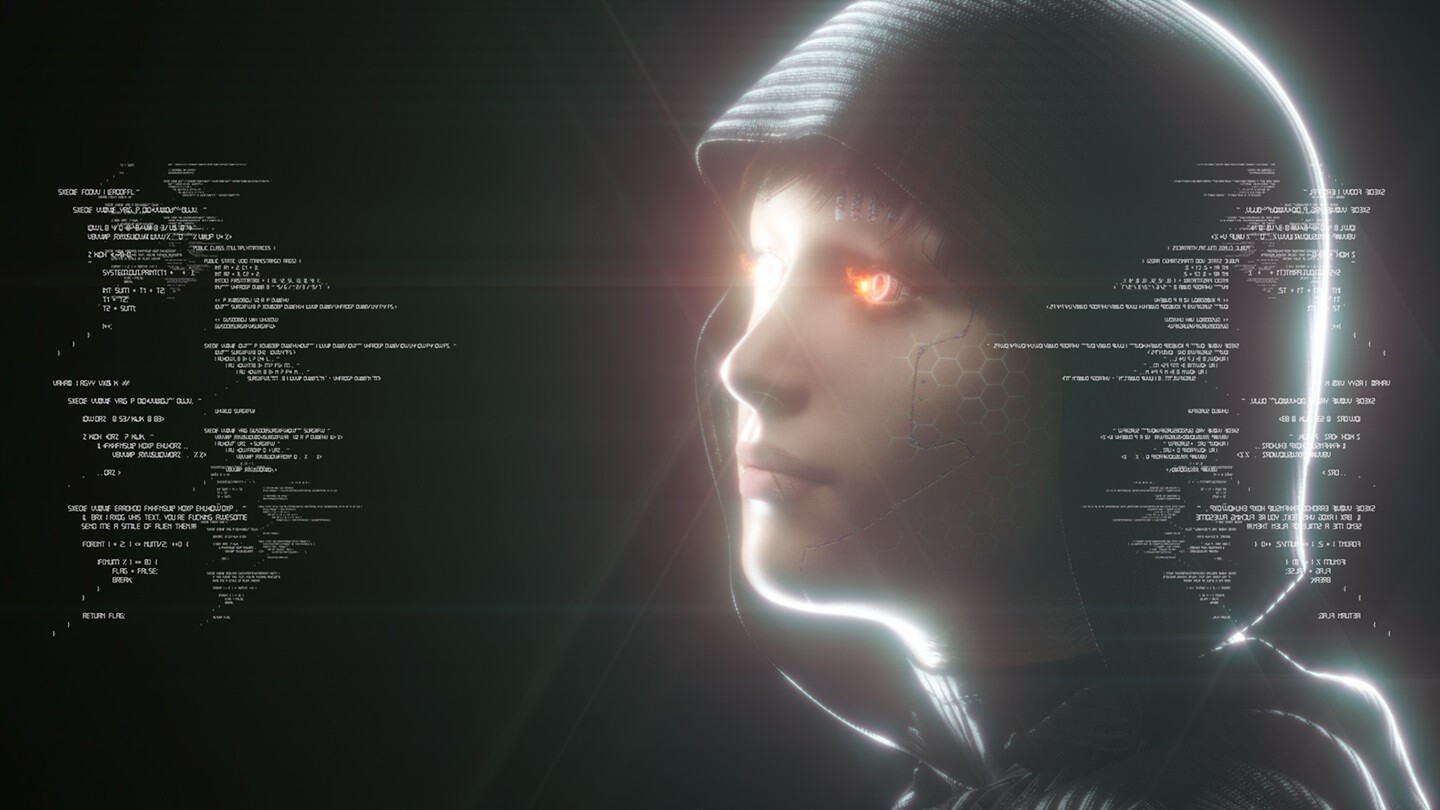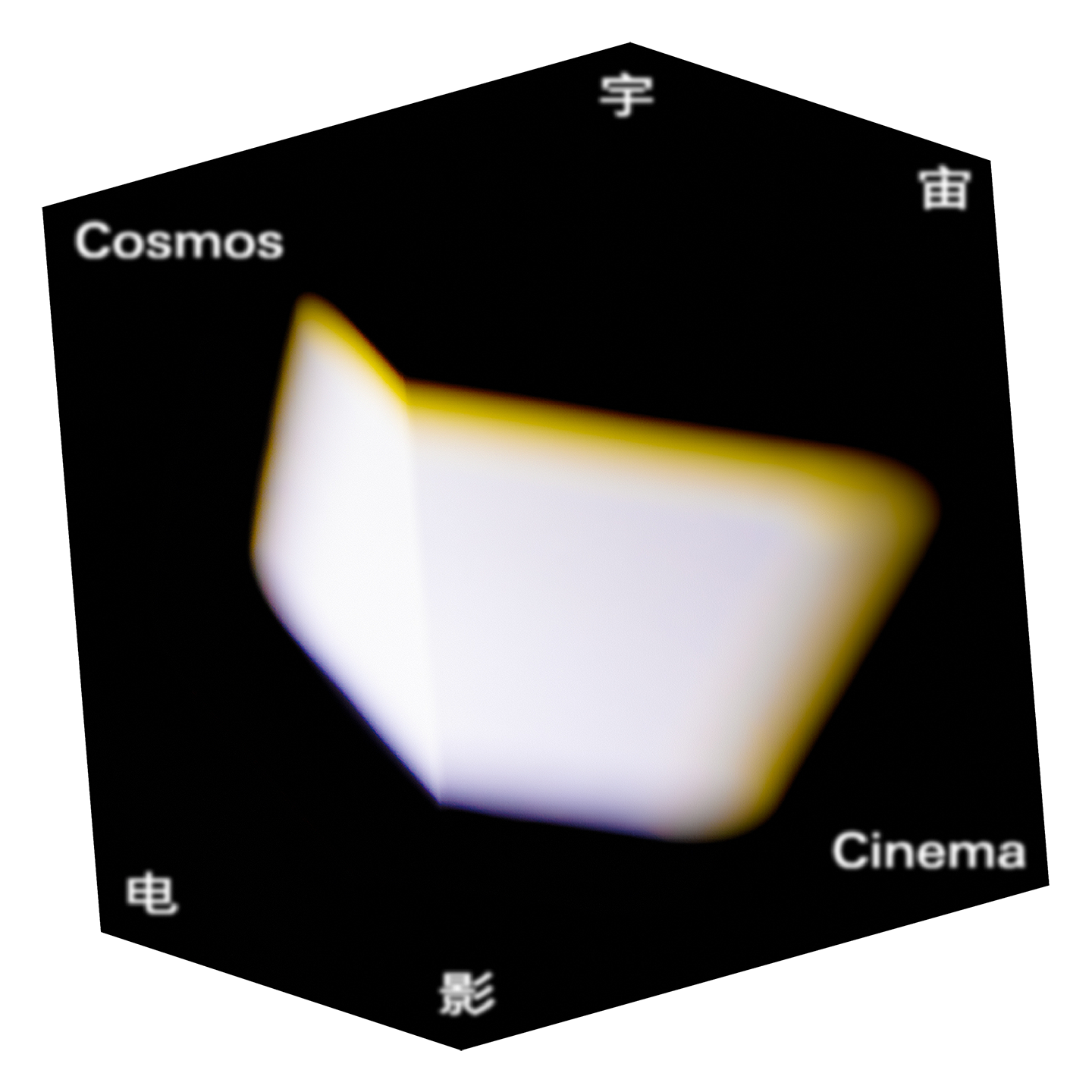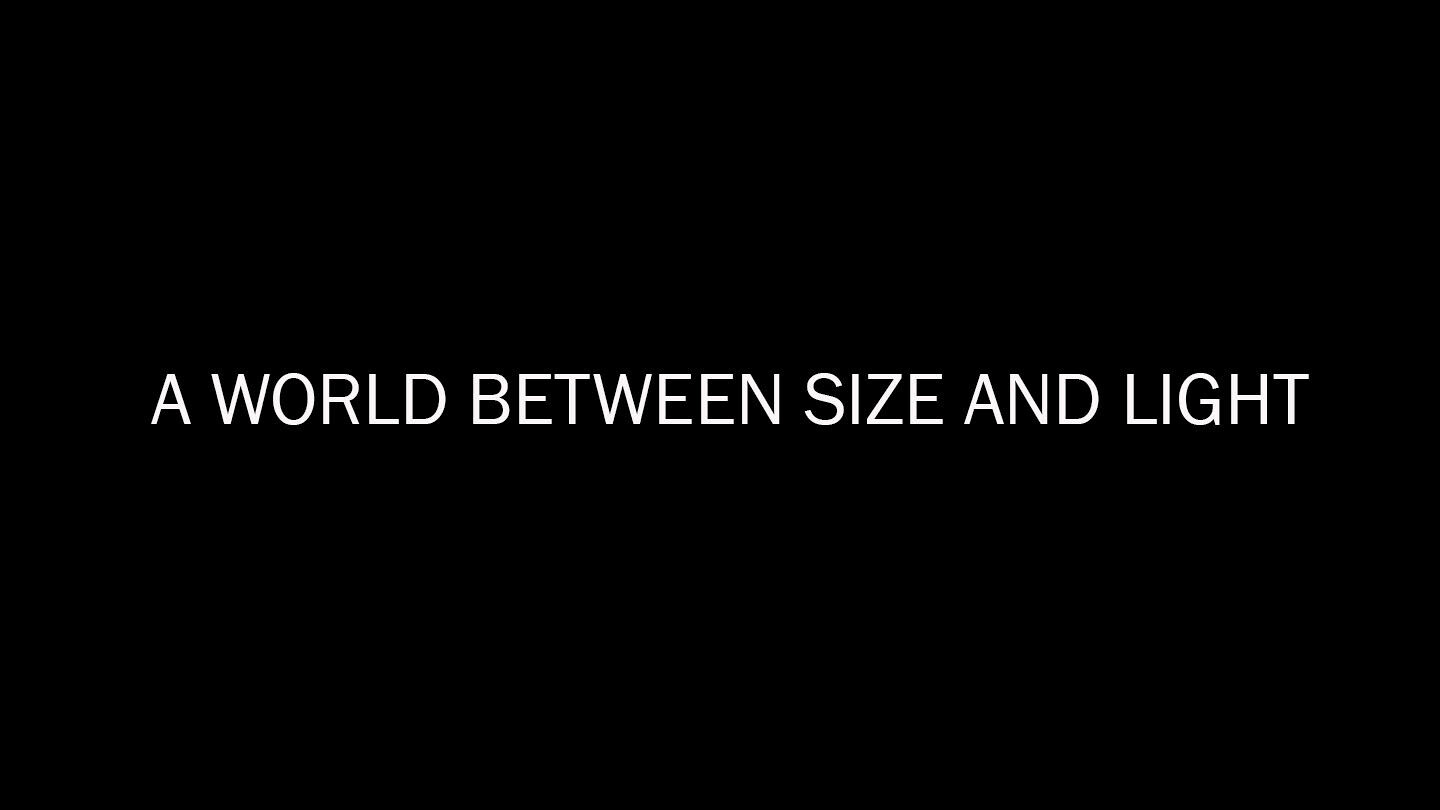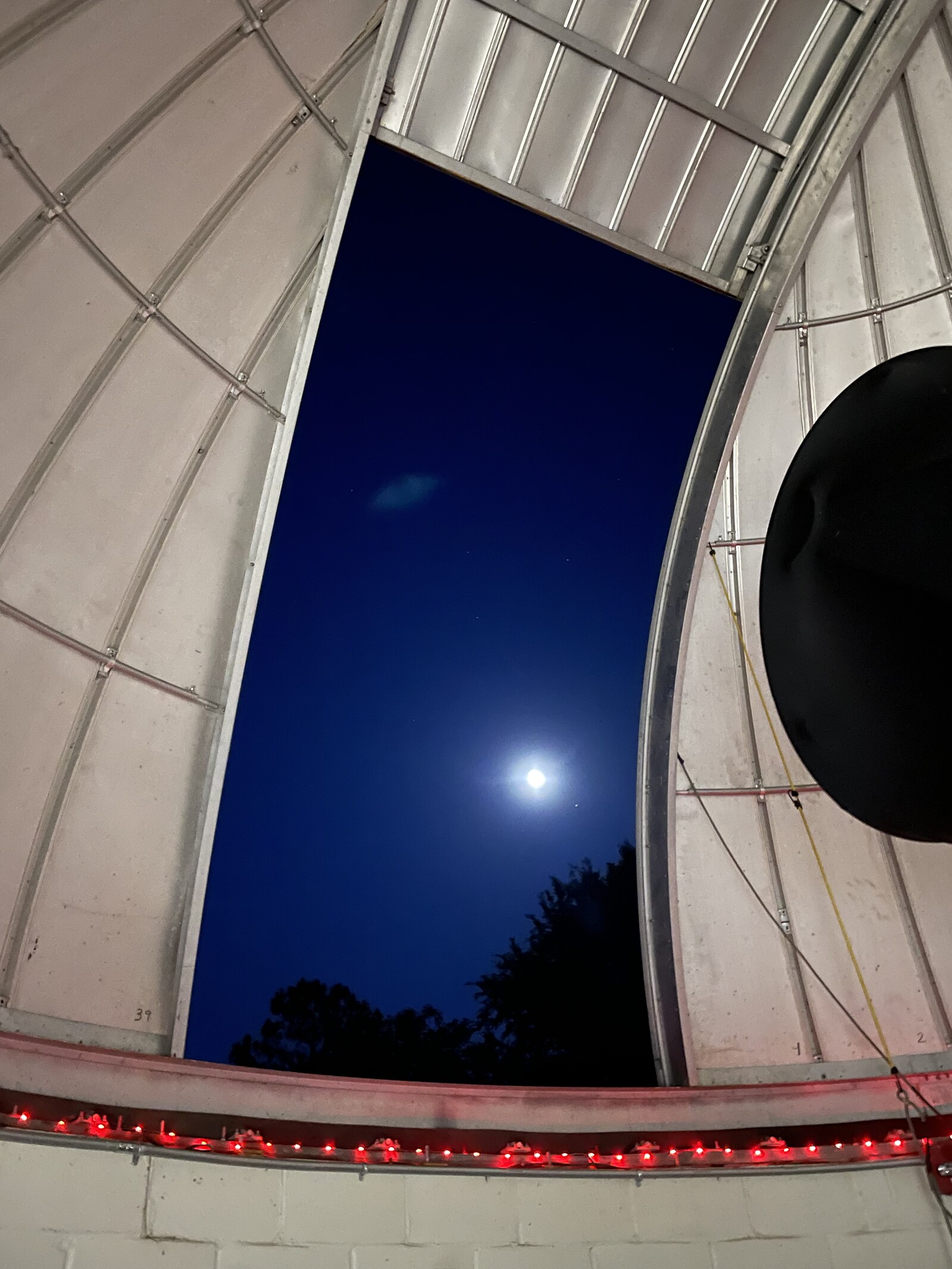Aaron Schuster, How to Research Like a Dog
The formation of a market economy (merchants as masters) widens and expresses something not new—capital—in a very new way. With the supernovas, academic knowledge divorces the church and marries capital. And this new union, this encompassing fate for the world, was not written in the stars (or spontaneous). It’s conceivable that after 1579, a thousand more years might have passed without a break from Aristotle. Civilizations might have risen without any concession to the market economy. West African drumming might have continued its dominance over long-distance communication. It was the second supernova that sealed the deal for the emergence and expansion of the universal market. Giambattista Vico, Adam Smith, Hegel, and ultimately Marx confused this specific form of universal history with the transhistorical history of “mankind.”
The overwhelming emphasis on science in Chinese society and its education system means that analyzing and discussing science and technology has become central to the culture today, much as explorations of urbanism and cultural change were a generation ago. If a decade ago the Chinese economy manufactured products for the West, and elites sought to join or access the West via emigration, education, and real estate, today the dynamic parts of Chinese society are aimed at creating popularly accessible technology to improve the lives of Chinese people—and then export it to the Global South.
The advanced tools used to sequence, model, and analyze biological data provide unprecedented insight into the intricacies of life, yet they also reveal the boundaries of mechanistic certainty. As more aspects of the biological world become “datafiable,” vast amounts of information resist neat conclusions. Knowledge spills beyond singular narratives, challenging the models meant to contain it. Within these gaps—where data resists synthesis and certainty appears layered—it becomes necessary to ask what it means to know, and how human understanding fits into a universe that may never fully reveal itself.

